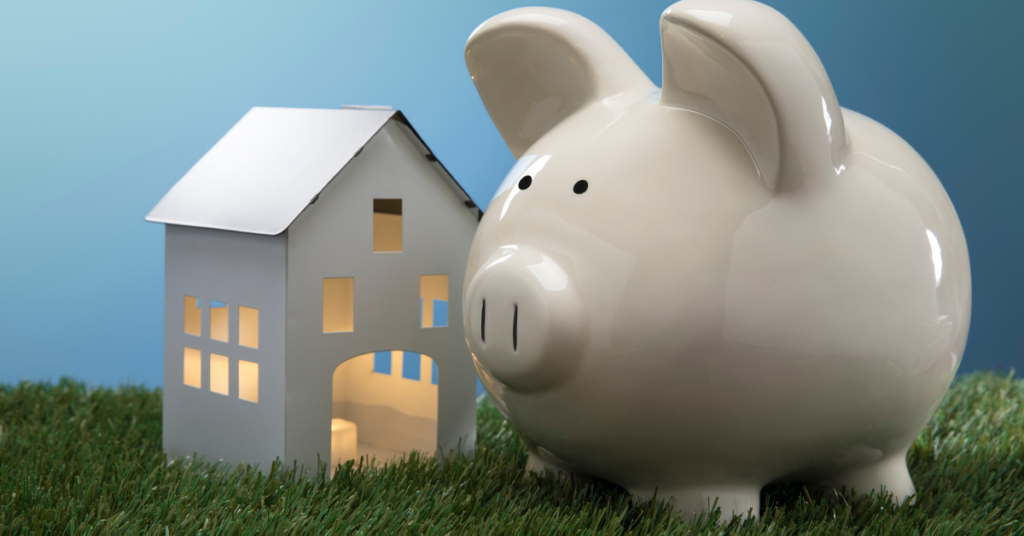In today’s real estate market, choosing between renting a home or buying one can be a daunting decision. Both options have their own set of advantages and disadvantages that need careful consideration. Whether you are looking for a place to call your own or someone who wants the flexibility and convenience that renting offers, making the right choice requires understanding the pros and cons of each option. In this article, we will dive deep into the factors that should be weighed when deciding between renting or buying a home, helping you navigate through this critical life decision with confidence and clarity.
Financial Considerations: Comparing the Costs of Renting and Buying a Home
Renting vs buying: Which option is more financially beneficial? Let’s examine the financial considerations to help you make an informed decision.
- Upfront costs: When renting, upfront costs typically include a security deposit and maybe some fees, whereas buying a home often requires a down payment, closing costs, and other expenses like home inspections. These initial costs can be substantial.
- Monthly payments: Renters usually have a fixed monthly rent cost that includes utilities in some cases. Homeowners, on the other hand, have mortgage payments that may fluctuate depending on factors such as interest rates or taxes. Additionally, homeowners are responsible for maintenance and repairs that renters don’t have to worry about.
- Long-term investment: While renters may benefit from flexibility and not having to worry about property value fluctuations or market crashes directly affecting them, homeowners build equity in their homes over time with the potential for price appreciation.
Considering these key points will assist you in evaluating your financial situation when deciding between renting and buying a home – helping you find what suits your needs best without breaking your budget.
Flexibility and Convenience: Assessing the Advantages and Disadvantages of Renting
Renting a home offers flexibility in terms of mobility, as it allows individuals or families to easily move from one place to another. This can be particularly advantageous for those who frequently change jobs or enjoy exploring different cities. Renters are not tied down by long-term commitments, giving them the freedom to relocate whenever necessary without worrying about selling a property.
Moreover, renting provides convenience in terms of maintenance and repairs. Unlike homeowners who are responsible for fixing any issues that arise with their properties, renters generally have landlords who are obligated to take care of repairs and regular maintenance tasks. This can save time and money since renters do not need to budget for unexpected expenses such as roof repairs or plumbing emergencies.
However, there are also disadvantages associated with renting. For instance, tenants may face limitations on personalization and customization options within their rented homes. While some landlords allow minor modifications such as painting walls or hanging artwork, major renovations like remodeling a kitchen may be restricted due to lease agreements. As a result, renters may find themselves limited in creating their ideal living spaces.
Additionally, rent prices tend to rise over time due to inflation or changes in the real estate market conditions. This means that renting can become more expensive over the years compared to buying a home, where mortgage payments often remain consistent throughout an extended period unless refinanced or adjusted through other means.
Building Equity and Long-Term Investment: Exploring the Pros and Cons of Buying a Home
Owning a home can offer several advantages when it comes to building equity and long-term investment.
- Building Equity: One of the main benefits of buying a home is that it allows you to build equity over time. With each mortgage payment, a portion goes towards reducing your loan balance increasing your ownership stake in the property. This can potentially result in significant financial gains if the value of the property appreciates over time.
- Long-Term Investment: Purchasing a home can be seen as a long-term investment strategy. Unlike renting, where monthly payments do not contribute to any actual ownership, homeownership provides an opportunity for wealth accumulation. As property values tend to increase over time, owning a home can offer potential returns on investment when it comes time to sell.
However, there are also some downsides worth considering:
- Maintenance Costs: Owning a home means taking on responsibility for maintenance and repairs. These expenses can add up over time and may require substantial out-of-pocket costs.
- Less Flexibility: Buying a home often comes with less flexibility compared to renting. Selling a house takes time and effort, which could make relocating or responding quickly to life changes more challenging.
In summary, while buying a home offers the potential for building equity and long-term investment gains, it’s important to weigh these benefits against factors like maintenance costs and reduced flexibility before making such an important decision about housing options.
Lifestyle Factors: Evaluating Personal Preferences and Priorities in the Rent vs Buy Decision
When deciding whether to rent or buy a home, it is crucial to consider your personal preferences and priorities. Here are some lifestyle factors that can help guide your decision:
- Mobility: Are you someone who enjoys moving frequently? If so, renting might be the better option for you. Renting offers more flexibility as leases tend to be shorter term compared to the long-term commitment of buying a home.
- Financial commitments: Evaluate your financial situation and determine if you are ready for the responsibilities that come with homeownership. Buying a home requires a significant upfront investment, including down payments, closing costs, and ongoing expenses like maintenance and property taxes.
- Home customization: Consider how much control you want over your living space. As a homeowner, you have the freedom to personalize and modify your home according to your taste and needs. On the other hand, as a renter, there may be restrictions on what changes or improvements you can make.
- Staying power: Think about how long-term an arrangement suits you best at this stage in life. If stability is important to you or building equity over time appeals to your long-term goals, purchasing may prove beneficial.
You may also be interested in reading Timing is Everything: Considerations for Deciding if it’s the Right Time to Move

